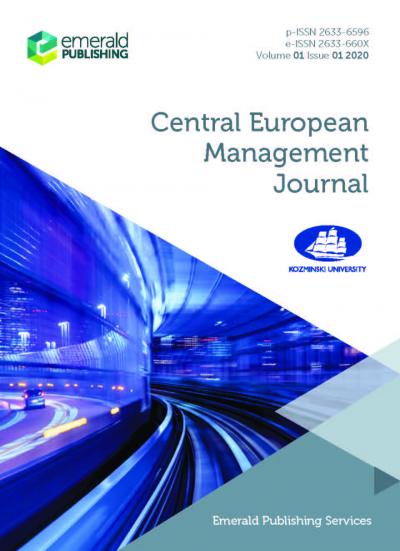Purpose: The aim of this study is to assess the competitiveness general landscape
of MSMEs (micro, small and medium enterprises) in sub-Saharan Africa through
selected factors driving productivity and effectiveness in doing business, as elements
of the general business environment.
Design: To present a general outlook of competitiveness a narrow number of factors
was chosen – public institutions, infrastructure, women in business and strategic
partnership – corresponding to the contents of four Global Competitiveness Index of
the World Economic Forum pillars (public and private institutions, infrastructure,
labor market efficiency, business sophistication). The factors selected – elements of
the general business environment, have one common feature: all are state-performance-
dependent. The scientific method of research in this study, uses primary sources like the Global Competitiveness Report or The World Bank documents and data. Secondary sources
include a number of syntheses, calculations and interpretations of primary sources
presented by Polish and foreign scientific literature. Primary and secondary sources
gathered became a base for semiotic and semantic analyses.
Findings: The approach in this paper highlights the organization general business
environment elements set by the state and their adverse affect on business environment
of MSMEs across the region. Competitiveness’ paths then may be called
devious.
Originality: This study is at the intersection of two different strands relating to organization
theory: the business environment and competitiveness, and critical management
studies. A qualitative research, a thorough theoretical approach concerns
issues hardly available in Poland.




